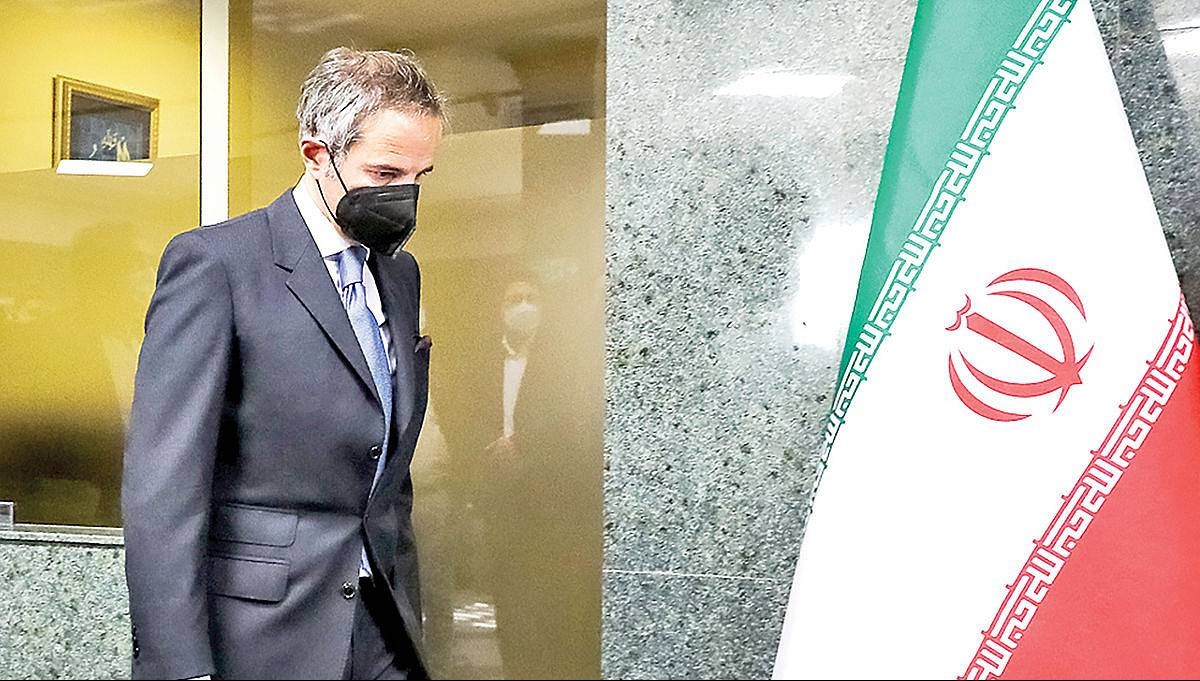 626
626
The International Atomic Energy Agency's (IAEA) Director General, Rafael Grossi, has returned from his trip to Iran.
Despite Grossi's rather optimistic remarks about the atmosphere of the talks with the head of Iran's Nuclear Energy Organisation, the trip's outcomes will not be known until his press conference back in Vienna.
Grossi's most recent visit to Iran was distinctive from his previous trips in that, unlike his other journeys, he met with high-level officials, including the Iranian president and foreign minister.
How this shift in format could impact the content of Grossi's future trips to Iran remains to be seen.
Nonetheless, it is the author's opinion that such a change is doubtful at the present time and that addressing concerns with the IAEA would be time-consuming. Yet, it seems that the two parties have agreed upon a comprehensive strategy for settling their mutual disagreements.
Grossi's curiously timed flights to Tehran only days before each quarterly meeting of the IAEA Board of Governors have sparked much conjecture about Iran's efforts to sway the IAEA's Director General's decisions.
The agreements achieved between Tehran and Mr. Grossi before the meeting of the IAEA's Board of Governors gave IAEA officials hope for a resolution to the existing issues, which may influence the upcoming decisions taken by the Board of Governors and soften them into merely harsh criticisms.
That said, it's important to note that this approach will not always succeed.
Amid the rising tensions between Iran and the United States and the European Union over a variety of issues, including the stumbling efforts to resurrect the 2015 nuclear deal, the so-called human rights concerns, and the war in Ukraine, Tehran came to the conclusion that the West is ramping up the pressure even more than before.
Owing to the continuing impasse in nuclear negotiations, Tehran decided to make a fresh overture by inviting Grossi to Tehran, providing him a warm welcome, and organising high-level meetings, despite having previously rejected the IAEA's requests.
The Iranians also attempted to place Grossi in an awkward position by working towards a road map that would influence his impending report to the IAEA's Board of Governors.
As a matter of fact, Iran hopes that new geopolitical conditions will emerge, causing the West to give up, and that by buying time, it may obstruct or delay the return of its nuclear dossier to the UN Security Council.
The West, which is now embroiled in the Ukraine crisis, lacks the means to initiate an armed conflict with Iran; however, the Zionist regime's beleaguered Prime Minister Netanyahu, overwhelmed by domestic crises, is eager to escalate tensions with Iran and endeavours to persuade Tel Aviv's Western allies to wage an imminent attack against Iran's nuclear facilities.
In any event, it seems that the Western parties have reached the conclusion that the nuclear agreement is no longer viable. Thus, as there is no nuclear deal looming on the horizon, the future scenarios have more to do with the Ukrainian crisis than with diplomatic negotiations.
Comment
Post a comment for this article